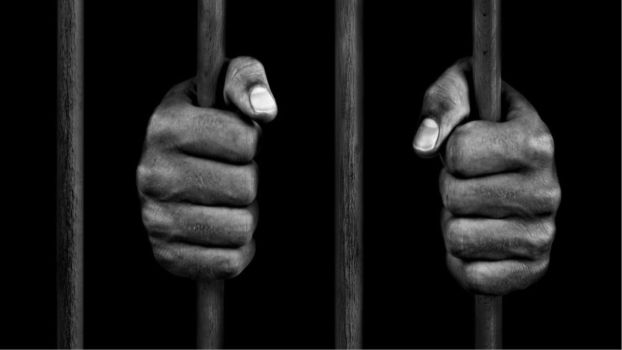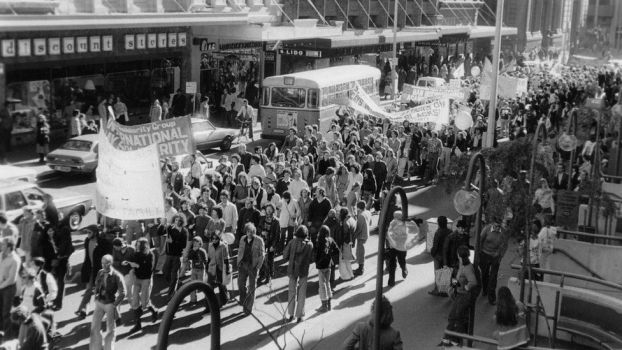
Giorgio Petti

Earlier this year, the famous Brussels nightclub Fuse, home of the long-standing gay dance event La Demence, was the centre of a legal dispute as a result of noise complaints from a single neighbour who bought a house in the area ten years ago. The club was initially ordered by the Environment Office of the Brussels Region to close its doors at 2am and to keep the volume below 95 dBA. These prescriptions were deemed impossible to follow by the club's management who as a result decided to shut the venue's doors indefinitely.
The abrupt closure caused a huge outcry and received international attention. Not only Fuse has been hosting La Demence for many years, but it's been also the scene of memorable techno events and has an iconic place in Brussels' nightlife. A petition launched by The Brussels by Night Federation drew around 65,000 signatures.
Following a review of the situation, the club - which operates since 1994, will now be allowed to reopen but under some strict conditions, including that the venue has to move to another site within two years. The club must also reduce the noise levels at the start and end of the night to lower than 95dBA. Fuse says "this will mean we can only play acceptable levels during a few hours in the middle of the night".
The club will also no longer be able open for three nights over the weekends and only occasionally be able to stay open until 7AM.
The reopening of Fuse meant that the La Demence Party of February 3rd could go ahead, however the new regulations meant for instance that the top level dancefloor was not able to be operative.
The review gives the club some oxygen in the short term, however the case has opened the debate about the coexistence of nightlife in the city centres and the need to have a 'night mayor' in the Belgian Capital, on the model of other cities like London, in the attempt to conciliate the resident's needs with the night economy, which also provides employment and culture to the city.















